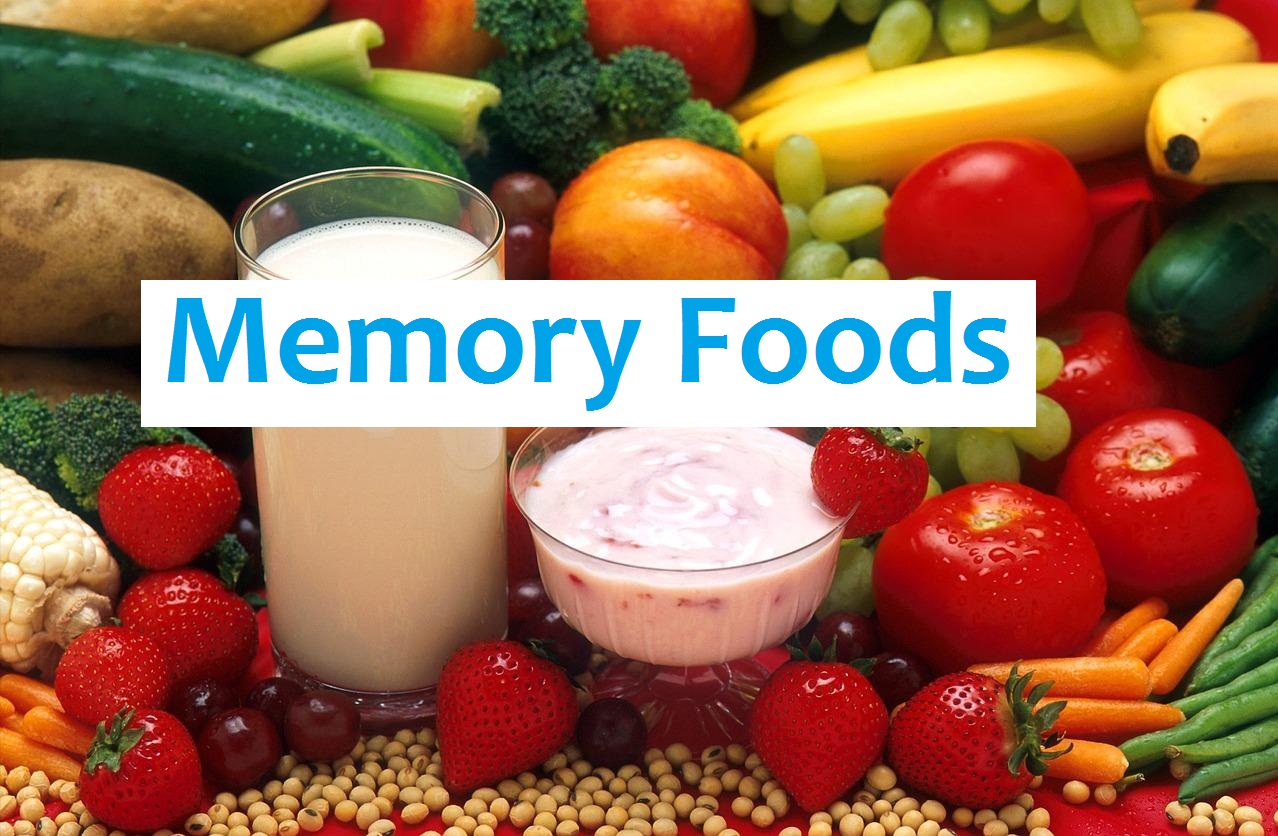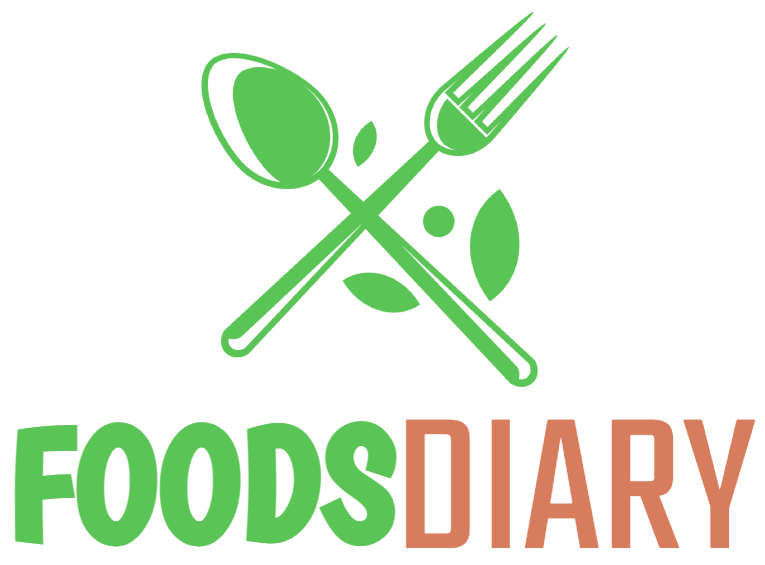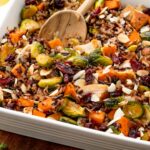Food has always played an essential role in the development of the human brain, and scientists associate the evolution of this organ with significant changes in diet. Interestingly, hormones and neurotransmitters that regulate food intake have been shown to also regulate cognition. Perhaps for this reason, science focuses so much on investigating the importance of food in brain development and in the prevention of certain diseases.
Also, do not forget that just as there are beneficial foods for the brain, there are also bad foods for memory that harm its performance.
Green vegetables
Vegetables in general are very important for health; however, those that are greenish in color are considered memory aids, as they contain large supplies of vitamin B9 (called folic acid in its natural form) and other vitamins. Group B. The main function of folic acid is to help the body produce new cells, keep existing cells healthy, and during pregnancy, help in the formation of the neural tube. When it comes to the brain, folic acid can help rejuvenate it up to five years by improving memory and the speed of information processing. The rest of the B vitamins also help with many essential brain functions.
In addition, green vegetables provide abundant antioxidants such as flavonoids and sulforaphanes, which have neuroprotective and anticancer qualities. However, do not forget to alternate all varieties of vegetables in your daily diet, as they are all important for the body. The most prominent of this group are broccoli, spinach and Brussels sprouts.
Bluefish
Fish in general provide the body with a significant dose of phosphorus, a compound that strengthens the brain and especially favors learning, which is why it is classified among the good foods for memory. In addition, these provide Omega-3 (DHA), an essential element to take care of brain cells, since it increases blood flow in that area, among other benefits. However, oily fish offer a greater amount of this healthy fat. In this group we can find varieties such as trout, salmon, tuna, mackerel, and bonito, among others.
The fatty acid is necessary for the connections between neurons (synapses) and for the expression of certain molecules related to memory that are found in said synapses. Are you wondering which oily fish have the most phosphorus? As we have mentioned before, foods with phosphorus are very good for memory. In order from highest to lowest, sardines, salmon and cod stand out (salted is blue and fresh is white). And which one has more Omega-3? Mackerel, herring and salmon. Limit the consumption of tuna due to its high mercury content and prefer sardines, trout, cod and herring, these have a very low index.
Tip: main fatty acids: alpha-linoleic acid (ALA), eicosapentaenoic acid (EPA) and docosahexaenoic acid (DHA).
Seeds
Antioxidants are present in many edible seeds and are believed to protect the brain from the negative effects of free radicals. Additionally, this group of foods that are good for memory, contain an appreciable dose of micronutrients (zinc, iron, magnesium, vitamin E, among others), responsible for improving the nervous functions of our body. In this group we can include pumpkin seeds, flax, chia, sesame, sunflower, blueberries, among others.
As if that were not enough, they provide vegetable Omega-3, that is, alpha-linoleic acid (ALA), a compound that improves the functioning of the cerebral cortex, an area responsible for the sensory process of touch and taste.
Tip: ALA fatty acid is found primarily in vegetable oils (flaxseed, soybean, and canola)
Nuts
Nuts can mostly be classified as foods that help memory, since they provide healthy fats, antioxidants, phosphorus, magnesium, potassium, B complex vitamins and vitamin E. All these elements promote cardiovascular health and this in turn In turn; it influences the correct oxygenation of the brain, and consequently, improves brain functions. A study revealed that memory tests are better resolved after consuming a handful of almonds daily for several months. Nuts are very good for improving memory; in this case we highlight almonds.
Fruits
Fruits in general are good foods for memory, as they provide the brain with a large part of the macronutrients, micronutrients and antioxidants necessary for its proper functioning. However, there are fruits that stand out from others in this performance and deserve a special mention:
- Avocados have almost everything the brain needs: healthy fats, folic acid, vitamin K, B, and C. Folic acid keeps existing cells healthy and stimulates the birth of new cells, thus improving the cognitive functions of the brain. For its part, vitamin K prevents clots in that organ.
- The Cranberries. Like other forest fruits, blueberries provide abundant antioxidants (especially flavonoids, anthocyanin, coffee acid, catching and quercetin); which favor the reduction of oxidative stress in the brain, its inflammation and improve long-term memory.
- This fruit contains abundant lycopene, related to the prevention of diseases such as cerebrovascular accident or stroke.
- Banana: Provides B6, a vitamin that helps you concentrate. In addition, it contains other beneficial substances for the brain: vitamin C, potassium and tryptophan.
Lean meats
According to a study, healthy iron levels are associated with better results on mental tasks. A hypothesis that is logical, since iron helps transport oxygen to the body in general, and when this happens in the brain, it improves cognitive processes. Now this memory study is especially associated with lean red meats.
Whole-grain foods
Our brain represents 2% of body weight, but consumes 20% of the daily energy we consume, and its two main sources of fuel are glucose and ketones.
Glucose provides immediate energy and the brain always demands this type of energy (it is the main one), and in greater proportion when we study or do some mental work that requires effort, as it helps to increase our memory and concentration. That moment is crucial, because you can choose between adding carbohydrates with empty calories (sweets, soft drinks, junk food, desserts, among others) or food carbohydrates (preferably whole grains, legumes, vegetables, among others), which provide micronutrients and very valuable macronutrients. In addition, glucose helps in the formation of serotonin (the hormone of pleasure), which contributes to mood.
Tip: In the diet of an elderly person, glucose helps improve memory and concentration.
Olive oil
The main fatty acid in olive oil (EVOO) is oleic, which is characterized by being monounsaturated, and to a lesser extent it also contains other fatty acids that are saturated and polyunsaturated. Therefore, if you are looking for foods that are good for memory, EVOO provides you with many related benefits:
- Strengthens memory. Especially working memory, spatial memory and learning.
- Optimizes synaptic activity. This means that they improve the neural junctions in the brain.
- Increases short-term plasticity. Increases the ability to perceive environmental stimuli.
- Neuropathology decreases. It prevents the toxic accumulation of the tau protein, which causes many types of dementia.
Dark chocolate
Chocolate not only delights the palate, but also stands out for having beneficial properties for the brain, which is why it is among the foods that are good for memory and concentration. Thanks to its rich content in flavonoids, it helps protect this organ from uncontrolled oxidative stress and inflammation, two factors associated with strokes and degenerative diseases such as Alzheimer’s and Parkinson’s. On the other hand, chocolate also provides 30% healthy fats, including 35% oleic acid, a very beneficial substance for the proper development of cognitive activities. We emphasize that dark chocolate is one of the best foods for memory and specifically for studying. The creamy dark chocolate recipe is delicious.
Turmeric
Turmeric is a yellow spice that is highly prized in India, where it is used in various ways: as a natural colorant, a seasoning, and as a remedy in Ayurveda medicine. For some time now, at a scientific level, this food has become very relevant in different areas of health. If it is about the brain, it is part of the foods that help memory, as it is associated with the reduction of cognitive deterioration in Alzheimer’s disease and head injuries, and in part thanks to its anti-inflammatory and antioxidant properties.
Carrots
We point out that although lutein is not an essential nutrient, there is increasing evidence every day that points to its importance in improving neuronal health. But not only does lutein help the brain, but beta-carotene can also improve memory, especially if consumed for a long time, due to its antioxidant properties. For this reason, carrots are part of the foods that are good for memory and are especially beneficial for students and the elderly.
Eggs
Eggs are packed with nutrients that provide benefits to the brain, which is why it is rated as one of the best foods for memory. First of all because of choline, considered a precursor of acetylcholine, a neurotransmitter involved in the task of helping us remember things, related to our short-term memory, mood and voluntary and involuntary control of our body, among other important functions. . Eggs also provide phenylalanine, a substance that is generally found in protein-rich foods and that is used to produce various substances, including norepinephrine (NE), responsible for attention and memory. In addition, they contain B complex vitamins, specifically B6, B12, and B9 (folic acid in its natural state).
Tip: Most of the B-complex vitamins help the brain carry out important functions.



